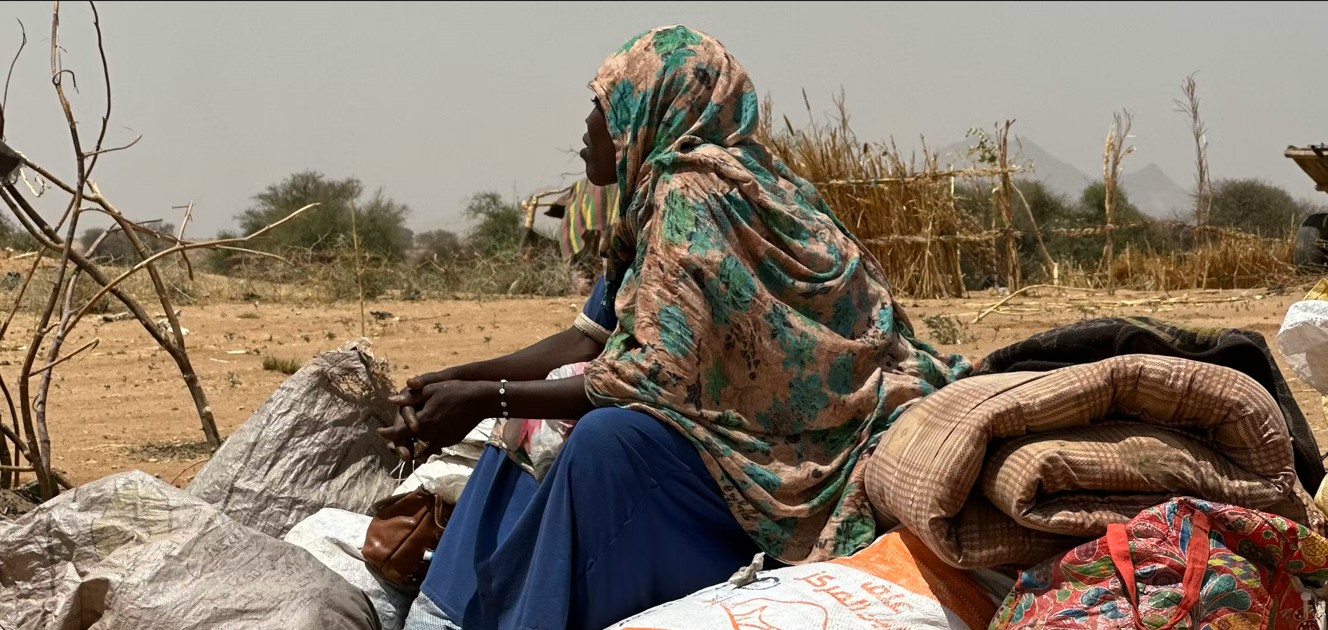Government cracks down on rising misuse of Ozempic for weight loss

Originally intended as a treatment for diabetes, the drug has increasingly been used for weight loss, with reports also emerging about counterfeit versions circulating in the market.
The government is intensifying efforts to curb the rising misuse of Ozempic, a diabetes medication increasingly sought after for weight loss in Kenya.
Originally intended as a treatment for diabetes, the drug has increasingly been used for weight loss, with reports also emerging about counterfeit versions circulating in the market.
More To Read
- The science of weight loss – and why your brain is wired to keep you fat
- Pharmacy board warns Kenyans against off-label use of Ozempic for weight loss
- Ozempic and other weight-loss drugs linked to rare but serious eye conditions
- Study finds patients quickly regain weight after coming off Ozempic
- How fake medication is a problem across the world
- Beyond chlorine: Why your eyes turn red after swimming
Principal Secretary for Public Health and Professional Standards, Mary Muthoni, addressed growing concerns over the misuse of Ozempic in Kenya and confirmed that swift regulatory actions are underway to protect consumers and ensure that all pharmaceuticals are prescribed and dispensed responsibly.
“Our Pharmacy and Poisons Board is already taking action on the matter, and I’m confident that a comprehensive report on the steps being taken will soon be available,” stated the PS during an interview on the NTV/Nation FM simulcast.
She urged the public to seek medications only from qualified professionals and warned against purchasing drugs from unauthorised outlets such as supermarkets or unregulated pharmacies.
“We are on the move in regards to drug use and abuse,” she said, highlighting the importance of professional prescription and regulation.
Muthoni also addressed concerns from Universal Health Coverage (UHC) workers who have been protesting over delayed payments and contractual disputes involving the Ministry and the Council of Governors.
She revealed that the government is dealing with challenges such as the presence of “ghost workers” — individuals listed on payrolls but no longer active in the program.
Muthoni explained that audits and headcounts are being conducted to ascertain the exact number of active UHC workers, noting that some have either left the program due to attrition, been absorbed by county governments, or moved on to other opportunities.
“Government processes involve thorough verification, including audits. If ghost workers exist, we must carry out a headcount to confirm the facts,” said PS Muthoni.
Top Stories Today














































